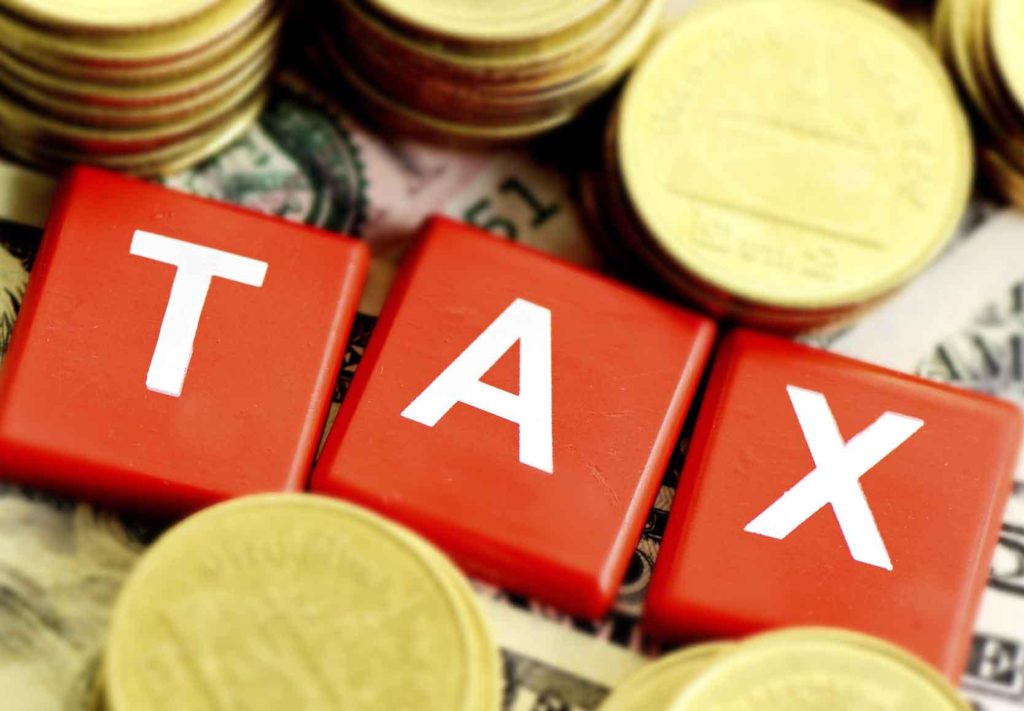We all know that Income from salary, rental income and business income is taxable. But what about income from sale or purchase of shares? Income/Loss from sale of equity shares is taxed.
Investment in equity is an important part of an investor’s portfolio. There are many types of equity related products available in the market. However, they differ from one another in terms of features, exposure, risks and tax rules.
When an investor parks money in shares, they make capital gains on the sale of shares which are taxable. Capital gains are the difference between the selling price and purchase price of the equity share. These are based on the period of holding and whether it is listed or unlisted.
Taxation of Gains from Equity Shares
a. Tax on Short-Term Capital Gains
Short term capital gains are taxable at 15%. What if your tax slab rate is 10% or 20% or 30%? Special rate of tax of 15% is applicable to short term capital gains, irrespective of your tax slab. Also, if your total taxable income excluding short term gains is below taxable income i.e Rs 2.5 lakh – you can adjust this shortfall against your short term gains. Remaining short term gains shall be then taxed at 15% + 4% cess on it.
b. Tax on Long-Term Capital Gains
Long-term capital gain on equity shares listed on a stock exchange are not taxable up to the limit of Rs 1 lakh.
As per the amendments in budget 2018, the long-term capital gain of more than Rs 1 lakh on the sale of equity shares or equity-oriented units of the mutual fund will attract a capital gains tax of 10% and the benefit of indexation will not be available to the seller. These provisions apply to transfers made on or after 1 April 2018.

